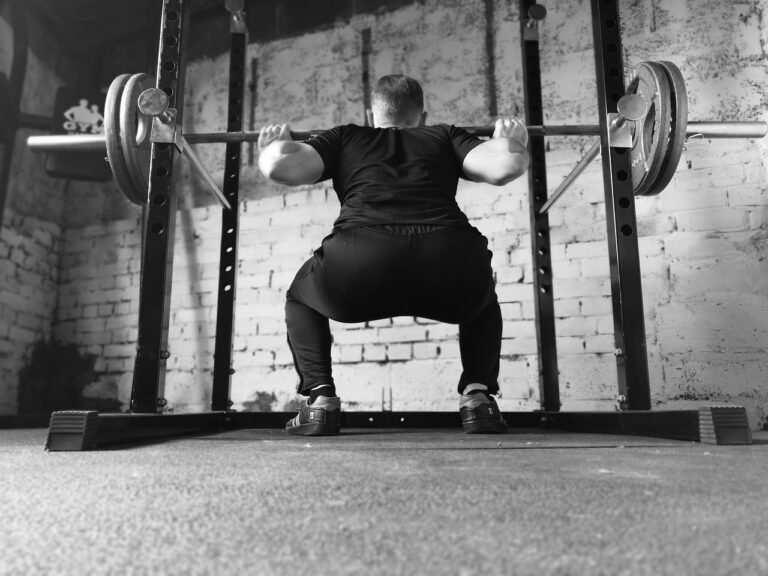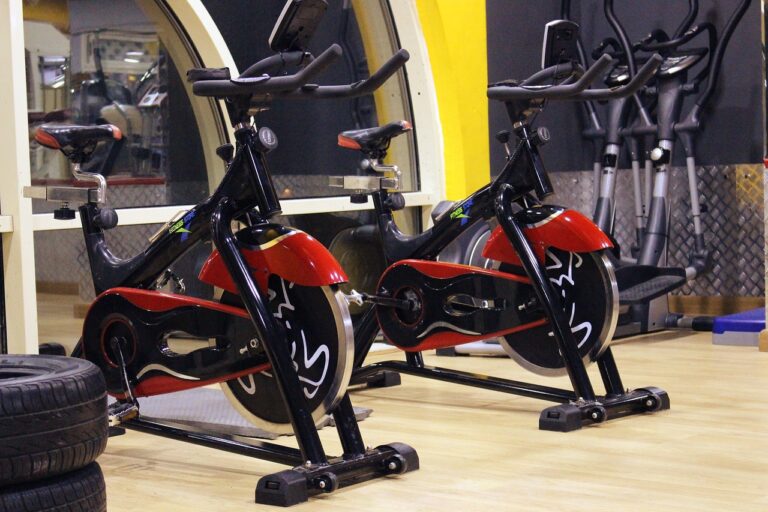Advances in robotic-assisted bariatric surgery techniques: All panal.com, Laser247 com, Yalo247
all panal.com, laser247 com, yalo247: Advances in robotic-assisted bariatric surgery techniques have revolutionized the way weight-loss surgeries are performed, making them safer, more precise, and with faster recovery times for patients. Robotic technology has been increasingly used in various surgical procedures, including bariatric surgery, allowing surgeons to have better control and visibility during the operation.
The use of robotic-assisted bariatric surgery techniques has several advantages over traditional open surgery. These include smaller incisions, reduced blood loss, shorter hospital stays, and quicker recovery times. The robotic system provides surgeons with a three-dimensional view of the surgical site, allowing for more accurate movements and precise cutting.
One of the most significant advances in robotic-assisted bariatric surgery techniques is the ability to perform minimally invasive procedures with greater efficiency. This means that patients experience less pain and scarring, as well as reduced risk of complications. Additionally, the robotic system allows for more complex surgeries to be performed with greater ease, leading to better outcomes for patients.
Another key development in robotic-assisted bariatric surgery techniques is the use of augmented reality technology. This allows surgeons to overlay virtual images onto the patient’s body during the operation, providing real-time feedback on the surgical site. This technology improves the surgeon’s accuracy and precision, resulting in better outcomes for patients.
Robotic-assisted bariatric surgery techniques have also led to improved patient outcomes. Studies have shown that patients who undergo robotic-assisted bariatric surgery have lower rates of complications, shorter hospital stays, and faster recovery times compared to those who undergo traditional open surgery. This is a significant advancement in the field of bariatric surgery, as it allows patients to return to their daily activities sooner and with less pain.
Overall, the advances in robotic-assisted bariatric surgery techniques have greatly improved the field of weight-loss surgery. Patients can now benefit from safer, more precise procedures with faster recovery times. Surgeons also have better control and visibility during the operation, leading to better outcomes for patients. Robotic technology continues to evolve, and we can expect to see even more innovations in the future.
FAQs
Q: Is robotic-assisted bariatric surgery more expensive than traditional surgery?
A: While the upfront costs of robotic-assisted surgery may be higher, the overall costs can be comparable due to shorter hospital stays and faster recovery times.
Q: How long does it take to recover from robotic-assisted bariatric surgery?
A: Recovery times vary depending on the individual patient and the type of procedure performed, but patients generally have a faster recovery compared to traditional open surgery.
Q: Are there any risks associated with robotic-assisted bariatric surgery?
A: As with any surgical procedure, there are risks involved with robotic-assisted surgery, but the benefits often outweigh the risks. Patients should discuss the potential risks with their surgeon before undergoing the procedure.







